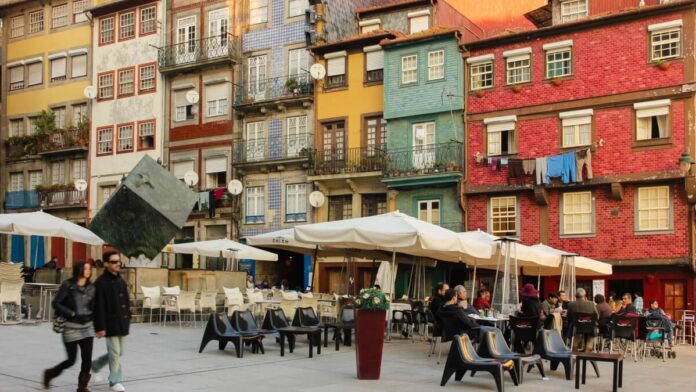Data provided by the National Institute of Statistics (INE) has revealed that on December 31st, 2022, the resident population in Portugal was estimated to be 10,467,366 people.
According to the same source, this figure represents an increase of 46,249 individuals compared to the population in 2021. Furthermore, this increase marks the fourth consecutive year of population growth in Portugal, SchengenVisaInfo.com reports.
INE data also show that last year, the increase in Portugal’s population can be attributed to net migration of 86,889 people. This net migration figure is higher than the net migration of 72,040 people in 2021. The positive net migration offsets the negative natural balance, which indicates a higher number of deaths than births.
In this regard, the negative natural balance was -40,640 people last year, which is lower than the negative natural balance of -45,220 people in 2021.
The crude rate of increase represents the percentage change in population size. Thus, during the same period, the crude rate of increase was 0.44 per cent, indicating a population growth of 0.44 per cent.
In addition, the crude rate of net migration reflects the percentage of population growth resulting from net migration. As a result, the crude net migration rate was 0.83 per cent during the previous year, suggesting that approximately 0.83 per cent of the population increase was due to net migration.
Further data from INE also revealed that the rate of natural increase refers to the percentage change in population resulting from the difference between births and deaths (natural balance). In 2022, the rate of natural growth was -0.39 per cent, marking a decrease in population due to a negative natural balance.
As for the number of children per woman at childbearing age, it also increased to 1.43 children in 2022, compared to 1.35 children in 2021. This indicates a rise in fertility, suggesting that, on average, women in Portugal had more children in 2022.
At the same time, the ageing ratio, which compares the population aged 65 and over (elderly population) with those aged zero to 14 (younger population), increased to 185.6 older people for every 100 young people in 2022. This ratio was higher than 181.3 in 2021, showing a further increase in demographic ageing.
As the INE points out, the median age of the resident population in Portugal, which represents the age that divides the population into two equal groups, rose from 46.7 years in 2021 to 47.0 years last year. The figure shows that the overall population age increased slightly, with the median age shifting to a slightly older value.


